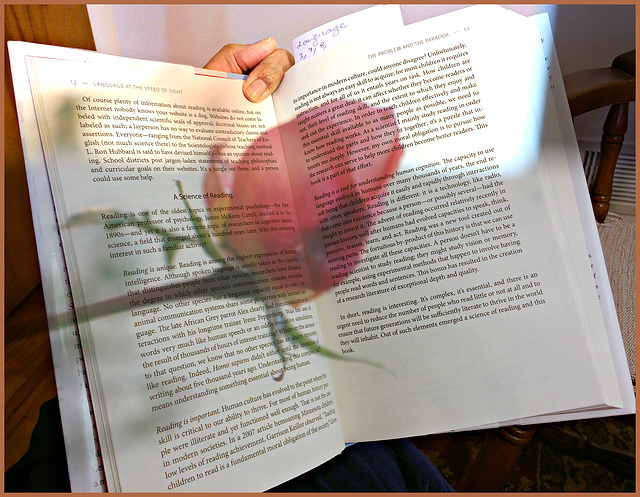Arrival of the Spring
Redbuds ~ Arrival of the Spring
Entropy / Negative entropy
Flowering Cherry
Spring firmament
Succession of persons
Eye Like Yours
Reading -- thinking, feeling, anticipating.....
Spring morning extravaganza
Morris Dance
A garden ornament!
Photography on Aluminum
The Future of Life
Morning colours
At the Doctor's office
Box
Procrustes
THE BED OF PROCRUSTES
Frosty morning
On a cold morning
Chandelier
Corridor of power
A view of Michigan Avenue
The dome
Chicken kitchen
The Capitol
First colour
Lost in the forest
Creeping shadows
Keywords
Authorizations, license
-
Visible by: Everyone -
All rights reserved
- Photo replaced on 14 Apr 2017
-
120 visits
- Keyboard shortcuts:
Jump to top
RSS feed- Latest comments - Subscribe to the comment feeds of this photo
- ipernity © 2007-2024
- Help & Contact
|
Club news
|
About ipernity
|
History |
ipernity Club & Prices |
Guide of good conduct
Donate | Group guidelines | Privacy policy | Terms of use | Statutes | In memoria -
Facebook
Twitter



"Reading is unique. Reading is among the highest expressions of human intelligence. Although spoken language is usually taken as the capacity that distinguishes people from other species, researchers have debated the degree to which other species's communication system resemble language. No other species has a linguistic capacity equal to ours, but animal communication systems share some properties with human language. The late African Grey parrot Alex clearly had communicative interaction with his longtime trainer Irene Pepperberg. Was his use of words very much like human speech or an oddly evocative simulation, the result of thousands of hours of intense training? Whatever the answer to that question, we know that no other species has an ability remotely like reading. Indeed, Homo sapiens didn't either until the invention of writing about five thousand years ago. Understanding this complex skill means understanding something essential about being human."
In effect, the literary work dreams a dream for us. It embodies and evokes in us a central fantasy; then it manages and controls that fantasy by devices that, were they in a mind, we would call defenses, but, being only a page, we call “from.” And the having of the fantasy and feeling it managed give us pleasure. We bring, then, to works of art two expectations that permit a “willing suspension of disbelief”; we do not expect to act on the external world; we expect pleasure. Even if the work makes us feel guilt or anxiety, we expect it to manage those feelings so as to transform them into satisfying experiences.”
Whether we manage our fantasies by our own compositions or by submitting to those of the artist, the effect is the same: reality is momentarily negotiated away and the self-esteem deficit is repaired. Without periodic and momentary engagements in such perversions of our own designs there is little prospect of maintaining personal wholeness. Arnold Ludwig concurs:
Fantasy, then, often represents a convenient way for man to temporarily lie to himself in order to make life more palatable. Although he may not fully believe in the actual reality of the products of his fantasy, he can invest enough belief in them to offer himself some degree of satisfaction. If man were to remain chronically frustrated in the satisfaction of his hopes, ambitions and desires, without having access to the solace of fantasy and the temporary solutions and attenuated pleasure it provides, it would become difficult to sustain hope and optimism toward the future. ~ Page 160
Excerpt: Chapter - Deception and Personal Wholeness -- Title : “By the Grace of Guile” - Author: Loyal Rue
Sign-in to write a comment.